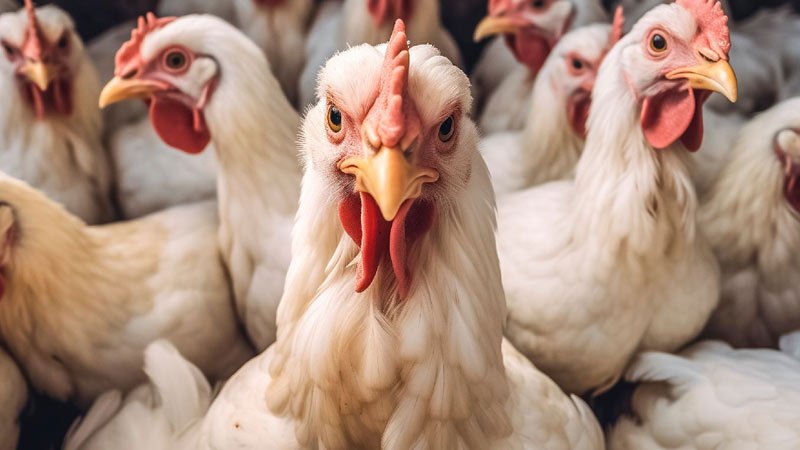US authorities have initiated a new round of testing to detect traces of the H5N1 bird flu virus in supermarket products, including ice cream, butter, and cream cheese. The Food and Drug Administration (FDA) will survey 155 products sold nationwide to check for the highly pathogenic virus, which has been spreading through the country’s dairy cattle herds.
Since its first detection in March this year, the virus has affected 131 cattle herds across 12 US states and has infected at least three dairy workers. According to The Telegraph, the virus has also been found in mice, cats, possums, and other farmyard mammals.
The FDA will collect samples from products in stores, likely from large chains like Walmart, Trader Joe’s, and Kroger, including states where surveillance has not yet been conducted. If any samples test positive for the virus, further testing will determine if the virus is “alive” and capable of causing human infection.
Approximately one in five commercial milk samples have already shown fragments of the bird flu virus, although pasteurization, which heats dairy products to kill pathogens, is believed to neutralize the virus. The FDA and Centers for Disease Control and Prevention (CDC) have strongly advised against consuming unpasteurized dairy products due to the risk of infection.
The CDC has indicated it is “highly likely” that 24 cats who contracted H5N1 at a Texas farm in March did so by consuming raw milk. Of these, half died and the rest suffered severe illness, including blindness, neurological disorders, bloody diarrhea, and difficulty breathing. told by U.S Food.
Despite these warnings, around 3% of the US population, or approximately 10 million people, continue to consume raw dairy, believing it to be a ‘superfood,’ according to the National Institutes of Health.
Experts suggest that many human cases of H5N1 may go undetected due to inadequate surveillance, though there is no evidence of the virus spreading from person to person. This week, the CDC announced it would begin serological studies in dairy workers in Michigan, which has reported two human cases this year.
These tests are designed to detect previous H5N1 infections and will help public health officials understand if any asymptomatic cases have gone unrecorded. So far, more than 690 people exposed to sick cattle have been monitored, with 51 showing flu-like symptoms tested. The number of confirmed human infections related to H5N1 outbreaks in dairy cows remains at three.





